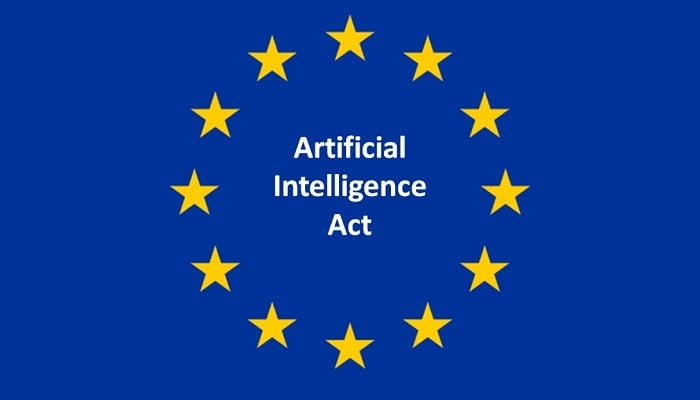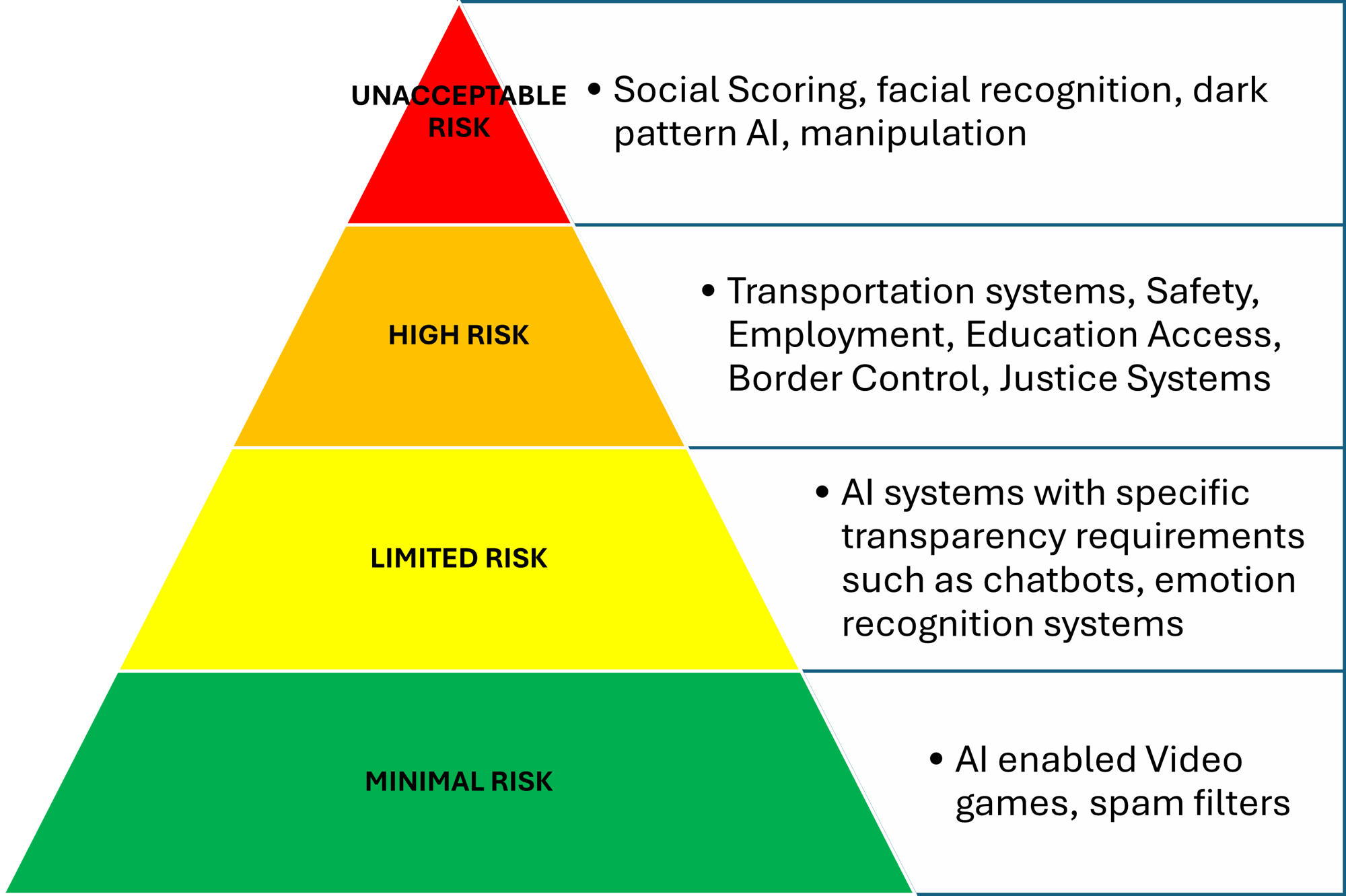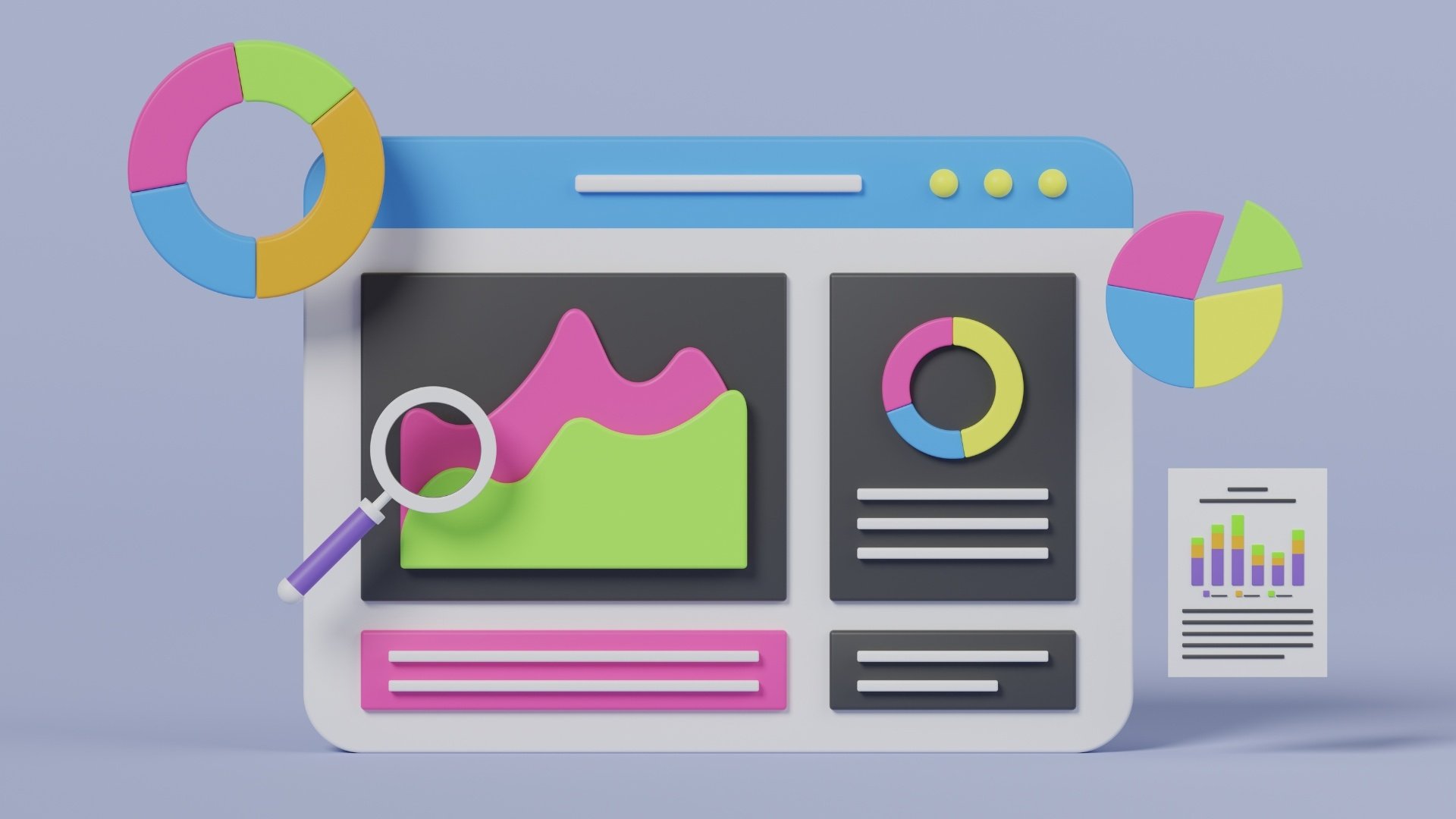
How AnalyticsCreator Supports EU AI Act Compliance
While legal expertise and ethical considerations remain crucial, AnalyticsCreator offers valuable features to aid companies in complying with the EU AI Act and developing responsible AI.
Addressing Key Regulations:
Data Governance:
- Holistic Data Model & Lineage: Tracks data flow and identifies high-risk data, easing compliance with data minimization principles.
- Predefined Templates & Automation: Streamline processes and ensure accountability with standardized approaches aligned with responsible AI best practices.
- Automatic Documentation: Simplifies transparency by generating documentation demonstrating compliance with explainability requirements.
- Data Quality & Security: Automation and templates minimize errors and unauthorized access, enhancing data integrity.
- Versioning of Data Models: Track how data models evolve over time, guarantee transparency in any changes made and safeguard data integrity across historical versions.
Transparency & Explainability:
- Centralized Development & Transformations: Facilitate clear documentation and explain model behavior through transformations and calculated columns.
- BI Tool Integration: Enable clear visualization of AI outputs using tools like Power BI and Tableau, improving user understanding.
Fairness & Non-discrimination:
- Data Lineage & Quality: Mitigate potential biases by tracking data origin and ensuring quality.
- Flexible Modeling & Testing: Choose bias-minimizing approaches and leverage testing tools for fairness validation.
Additional Benefits of using AnalyticsCreator:
- Reduced Compliance Costs: Automating tasks and streamlining processes save time and resources, minimizing manual effort and potential errors.
- Data Governance Best Practices: AnalyticsCreator goes beyond the Act's requirements, promoting responsible data use with features like holistic data models, bet practice code-generation and standardized templates.
Remember: Compliance requires a comprehensive approach. AnalyticsCreator is a valuable tool, but legal expertise and ethical considerations are essential for true adherence to the EU AI Act.
Streamlined Compliance and Responsible AI: Why Choose AnalyticsCreator for the EU AI Act
Complying with the EU AI Act can be a complex and resource-intensive endeavor. However, companies can leverage the power of AnalyticsCreator, a leading DWA engine, to simplify the process and foster responsible AI development simultaneously.
AnalyticsCreator: Your Ally in AI Compliance and Beyond
AnalyticsCreator is a comprehensive DWA engine designed to empower organizations in building, deploying, and managing data-driven solutions. Its suite of features and functionalities covers various aspects of the AI lifecycle, including:
- Data Ingestion & Transformation: Seamlessly connect to diverse data sources, cleanse, and transform data for analysis.
- Data Modeling & Warehousing: Design and build robust data models and warehouses to support AI initiatives.
- ETL & Automation: Automate data pipelines and ETL processes for efficiency and consistency.
- Machine Learning & AI Integration: Leverage pre-built connectors and tools to integrate with popular machine learning and AI frameworks.
- Visualization & Reporting: Generate clear and insightful dashboards and reports to communicate AI insights effectively.
Benefits of Using AnalyticsCreator for EU AI Act Compliance:
- Reduced Compliance Costs: Automate data governance tasks, documentation generation, and risk assessments, minimizing manual effort and associated costs.
- Enhanced Data Governance: Go beyond the Act's requirements by implementing best practices for data lineage, quality, and security, fostering trust and responsible data use.
- Improved Transparency & Explainability: Streamline model development and data transformations, enabling clear understanding of how AI decisions are made.
- Reduced Bias Risks: Employ data quality checks and flexible modeling techniques to mitigate potential biases in AI systems.
- Compliance Confidence: Benefit from a DWA engine built with regulatory requirements in mind, simplifying adherence to the EU AI Act's provisions.
- Track data model life cycle: Track how data models evolve over time, guarantee transparency in any changes made and safeguard data integrity across historical versions.
Investing in Responsible AI
AnalyticsCreator equips organizations not only to comply with regulations but also to cultivate a culture of responsible AI development. By promoting data transparency, accountability, and fairness, the DWA engine empowers companies to build ethical and trustworthy AI solutions that benefit both business and society.









